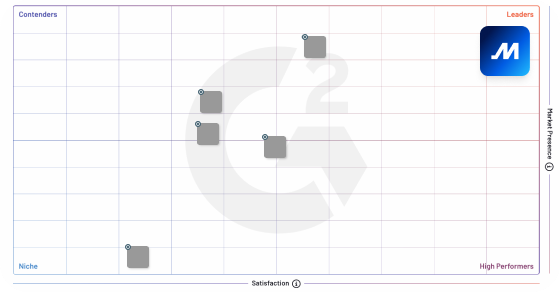How to use GPS tracking to calculate mileage tax.
Companies with fleets of vehicles use GPS tracking for mileage tax calculations because of the convenience and accuracy in generating tax reports. Per the International Fuel Tax Agreement (IFTA), which was created for commercial vehicle drivers who operate in more than one jurisdiction, fuel carriers canturn in one quarterly tax return to their base jurisdiction.
IFTA was enacted to simplify tax reporting for commercial drivers by not needing to submit individual tax returns for each state they drive in. Staying compliant with the IFTA regulations is essential for commercial carriers who want to stay in business. Using GPS tracking for mileage tax calculation is one-way commercial fleet companies can ensure the accuracy and efficiency of their IFTA tax reporting.
Streamline with GPS tracking for mileage tax reporting
It’s wise for commercial fleet owners and vehicle drivers to know all the ins and outs concerning IFTA reporting.The fastest way to streamline IFTA reporting is using GPS tracking for mileage tax reports. Fleet management tools with GPS tracking can have big benefits for operations by automating the data collection and fuel tax reporting necessary for IFTA compliance.
With an automated GPS tracking system, manual fuel tax calculation is not necessary, and drivers and companies don’t have to worry about filling out paperwork by hand. Advancements in GPS fleet monitoring technology have made it possible for those that need to stay IFTA compliant to reduce their chances for error and make audits less likely, which results in fewer fees and more profits.
The benefits of using GPS tracking for mileage tax calculation
GPS tracking offers many benefits when it comes to IFTA reporting and mileage tax calculation. A few of the more notable benefits for fleet management companies are:
- Automating fuel tax calculations: GPS tracking solutions do all the calculations for distance traveled by jurisdiction and fuel purchases by vehicle.
- Improvements to fleet management operations: The ability to upload receipts in bulk from a desktop dashboard or a mobile device from the field is a key benefit of GPS fleet tracking tools.
- Technology that scales with you: By eliminating manual processes like notebooks and spreadsheets for record keeping and introducing automated processes, companies enjoy less waste and cost savings, resulting in business growth.
Reducing the risk of audits: Automated tracking of distance traveled in each jurisdiction is another significant benefit of using GPS tracking for mileage tax calculation. This makes the risk of audit less problematic as you can guarantee you’re paying the correct tax per jurisdiction.



